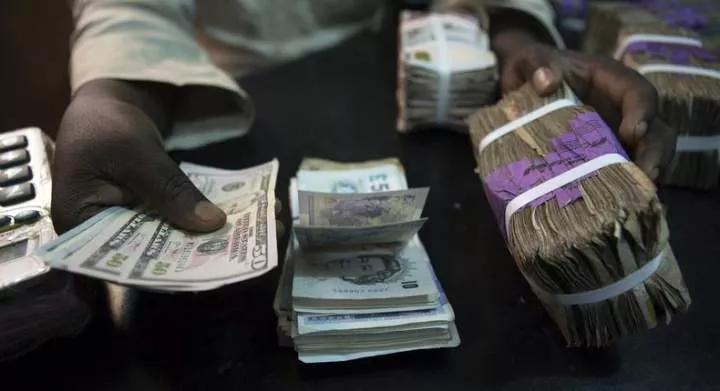
Naira's volatility is linked to President Tinubu's currency unification policy for economic recovery.
On the unofficial parallel market or black market as it is popularly known, the value of the Nigerian currency, the Naira increased against the US dollar on Wednesday.
The exchange rate in the afternoon was N1,300 per dollar, which is a gain of 0.76% (N10) above the N1,310 rate that was seen on the black market on Tuesday.
The ongoing strain on foreign exchange, which was made worse by the Naira falling as low as N1,310 to the dollar, began to lessen on Wednesday as demand decreased marginally.
This is according to the Nigerian newspaper, the Punch, which also noted that the last time the Naira appreciated was in the first week of October. "The most recent instance of Naira appreciation occurred on October 3, 2023, when it increased by 0.79% (N8) against the US Dollar," the Punch's report read.
"On Tuesday, the Naira experienced a significant 6.86% depreciation after having strengthened by 1.85% against the dollar on Monday at the Nigerian Autonomous Foreign Exchange Market (NAFEM)," the report added.
The Nigeran business news publication, Nairametrics, revealed that the naira-to-dollar rate fell to N837.49 on the official NAFEX market, where the official exchange rate is set, from N801.1 only one day earlier.
This exchange rate is the fourth-lowest level since the exchange rate windows were unified. At N891/$1 and N701/$1, respectively, the intraday highs and lows were recorded. The overall turnover of $113.2 million was the largest in around six trading days.
Simultaneously, Nigerian stocks fell 0.18%, marking consecutive losses as stock traders assessed third-quarter earnings reports from different businesses.
Back in May, the then-newly inaugurated president of Nigeria, Bola Ahmed Tinubu implemented the currency unification policy, which has seen the Nigerian currency steadily depreciate against the dollar. The president has argued that this move is paramount for the country's economic recovery.


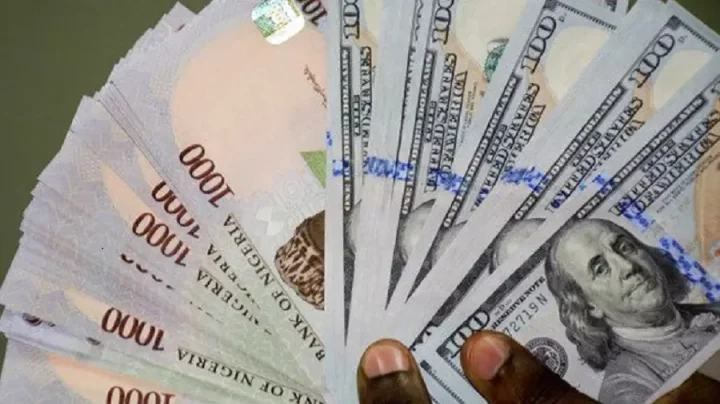
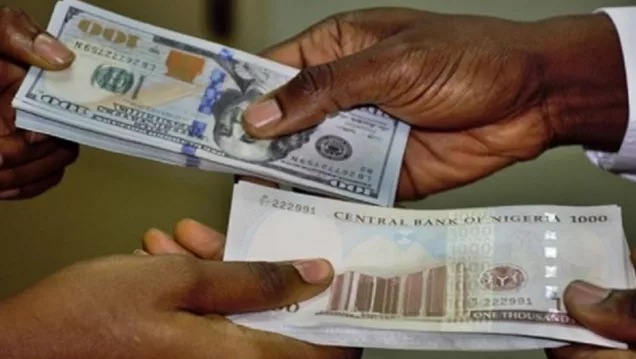
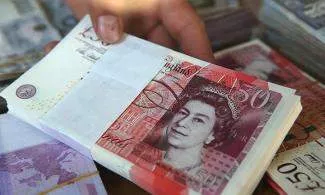
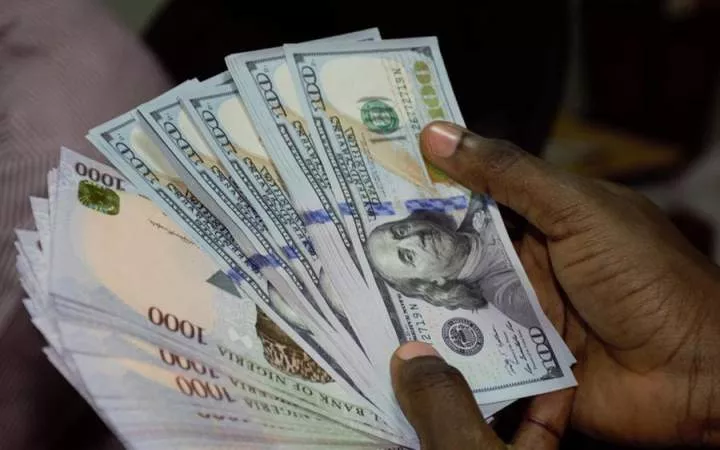
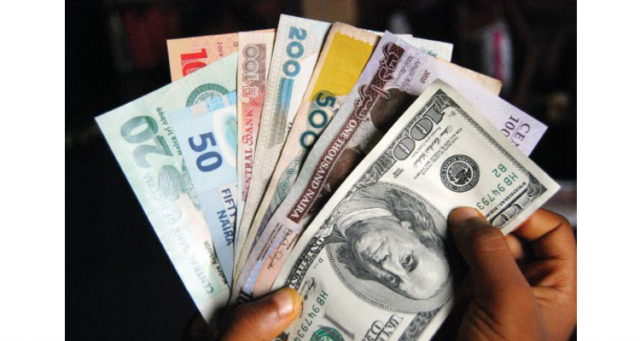








Comments